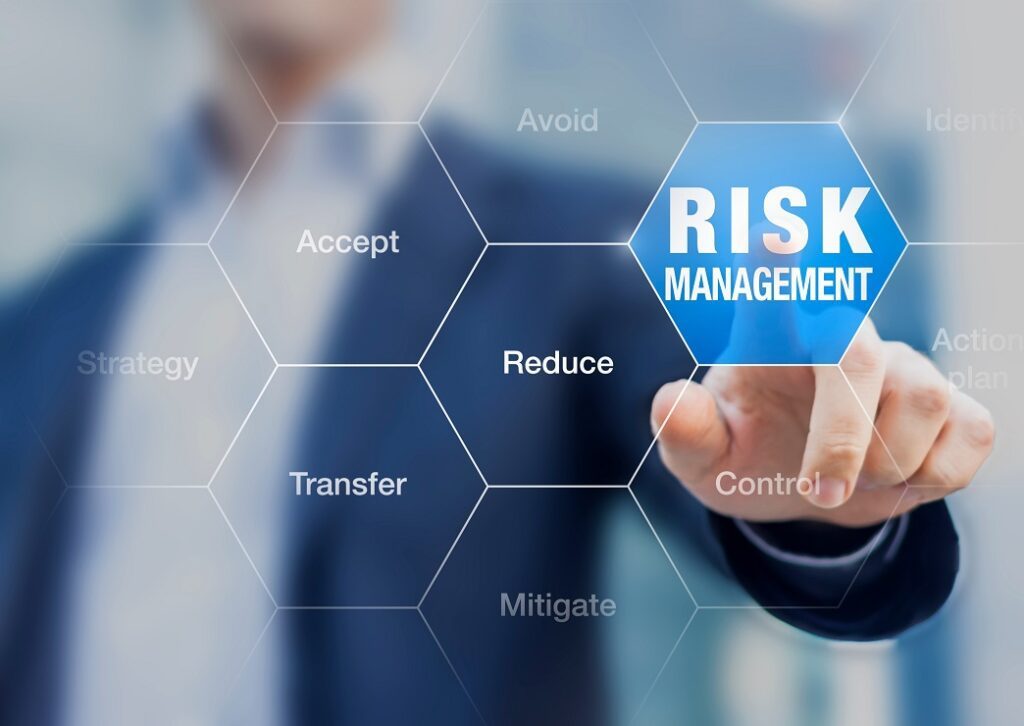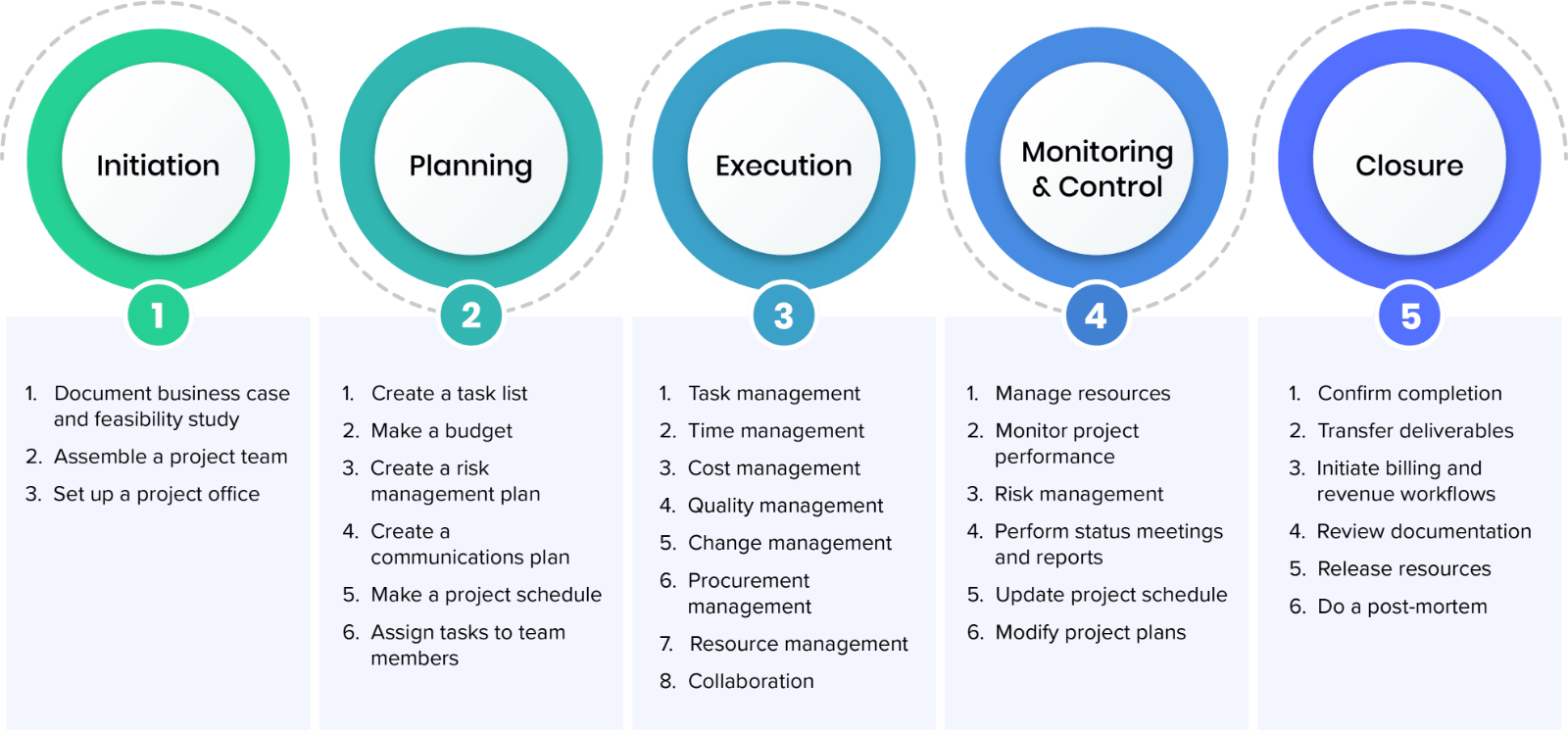
Project management interviews will measure an applicant's understanding of the industry. The typical question will ask you three questions: What are the most pressing issues facing your industry? And what are your solutions? It is vital to have a solid knowledge of project management for your success. For instance, a project manager needs to understand how to motivate a team.
Communication
Two components make up the communication process: the receiver and the sender. The sender creates the message and the content, with the intent of reaching the recipient. The receiver then deals with the message based on his or her personal reactions. It is up to the receiver to decide whether or not they accept it. Depending on the nature or process of communication, the receiver of the message can be either an individual person or a team.
Effective project management requires clear and concise communication. The messages for project management should be clear and specific. They must also address the goals and objectives of the project. They should be clear, understandable, and allow the audience to take action.
Gantt charts
Gantt charts are a great way to communicate the status and progress of your project. It shows the start and end dates, as well as the resources and duration for each task. There is also information about the task type and its name. The chart also includes any tasks links or critical paths. This will allow you to communicate to your team which areas to concentrate their attention.

Gantt charts are useful for large-scale projects. They help you organize your work and plan tasks. This will help you to see the dependencies among tasks and the order that they will be completed. Gantt charts are also useful for visualizing the work of individual members of your team.
Unexpected situations
Unexpected events can occur during project implementation. These unexpected events can have numerous effects on the environment. Project managers need to accept the fact that unexpected events will happen in order to be able manage them. This is not a fatalistic attitude. It should be used as a way to prepare to face the challenges ahead.
It was once said by Count de Belveze that there is no certainty in life, which is particularly true for project management. Unexpected events are a part of project management. It is important for project managers to prepare for them and plan accordingly.
Meetings
Meetings as part a project management process are important and must be planned well. The meeting agenda must be concise and should contain enough people to accomplish the task. Meetings have the goal of moving the project forward and avoiding getting off track.
Meetings should allow the team to voice their opinions, and the manager of the project should provide an overview of the next steps. The team should also be kept informed about the project's budget and progress. Meetings should also be used to discuss issues and risks.

Planning
When it comes to planning a project, there are several critical questions to ask. A good project manager should have experience in the field. You might be an architect who is currently working on a large construction project. A background in the construction sector would also suit you. You can also discuss your experience with project management if this is not something you have done. Learn more about the industry to talk about your transferable skills.
Asking questions about the project manager's experience is a good way to get information. This will enable you to assess their abilities in managing conflict resolution, and leading teams. Ask about their experience working with hybrid teams and communication software.
FAQ
Why is it important for companies to use project management techniques?
To ensure projects run smoothly and meet deadlines, project management techniques are employed.
Because most businesses depend heavily on project work to produce goods or services,
These projects require companies to be efficient and effective managers.
Without effective project management, companies may lose money, time, and reputation.
What is Kaizen and how can it help you?
Kaizen is a Japanese term for "continuous improvement." It encourages employees constantly to look for ways that they can improve their work environment.
Kaizen is built on the belief that everyone should be able do their jobs well.
What are the top management skills?
Business owners need to have management skills, no matter how small or large they may be. These skills include the ability manage people, finances and resources as well as other factors.
These skills are necessary for setting goals and objectives as well as planning strategies, leading groups, motivating employees and solving problems.
As you can see, there are many managerial responsibilities!
Statistics
- Hire the top business lawyers and save up to 60% on legal fees (upcounsel.com)
- UpCounsel accepts only the top 5 percent of lawyers on its site. (upcounsel.com)
- 100% of the courses are offered online, and no campus visits are required — a big time-saver for you. (online.uc.edu)
- The profession is expected to grow 7% by 2028, a bit faster than the national average. (wgu.edu)
- This field is expected to grow about 7% by 2028, a bit faster than the national average for job growth. (wgu.edu)
External Links
How To
How can you implement a Quality Management Plan?
QMP (Quality Management Plan), introduced in ISO 9001,2008, provides a systematic method for improving processes, products, or services through continuous improvement. It helps to improve customer satisfaction and product/service quality by continuously measuring, analyzing, controlling and improving.
QMP is a standard way to improve business performance. QMP helps improve production, service delivery and customer relationships. QMPs should address all three dimensions: Products, Services, and processes. If the QMP only covers one aspect, it's called a "Process QMP". QMPs that focus on a Product/Service are known as "Product" QMPs. QMP is also used to refer to QMPs that focus on customer relations.
Two main elements are required for the implementation of a QMP. They are Scope and Strategy. These elements can be defined as follows.
Scope is what the QMP covers and how long it will last. If your organization wishes to implement a QMP lasting six months, the scope will determine the activities during the first six month.
Strategy: This is the description of the steps taken to achieve goals.
A typical QMP consists of 5 phases: Planning, Design, Development, Implementation, and Maintenance. Each phase is described below:
Planning: This stage determines the QMP goals and prioritizes them. Every stakeholder involved in the project is consulted to determine their expectations and needs. After identifying the objectives, priorities and stakeholder involvement, it's time to develop the strategy for achieving the goals.
Design: This stage involves the creation of the vision, mission, strategies and tactics necessary to implement the QMP successfully. These strategies are then put into practice by creating detailed plans.
Development: Here, the team develops the resources and capabilities that will support the successful implementation.
Implementation: This is the actual implementation and use of the QMP's planned strategies.
Maintenance: It is an ongoing process that maintains the QMP over time.
Additionally, the QMP should include additional items:
Stakeholder Engagement: It is crucial for the QMP to be a success. They need to be actively involved in the planning, design, development, implementation, and maintenance stages of the QMP.
Project Initiation: It is essential to have a clear understanding about the problem and the solution before you can initiate a project. This means that the initiator should know why they want something done and what they hope for from the end result.
Time frame: The QMP's timeframe is critical. The simplest version can be used if the QMP is only being implemented for a short time. However, if you have a long-term commitment, you may require more elaborate versions.
Cost Estimation - Cost estimation is an important part of the QMP. You can't plan without knowing how much money it will cost. Before you start the QMP, it is important to estimate your costs.
QMPs are not only a document, but also a living document. This is the most important aspect of QMPs. It can change as the company grows or changes. It should therefore be reviewed frequently to ensure that the organization's needs are met.